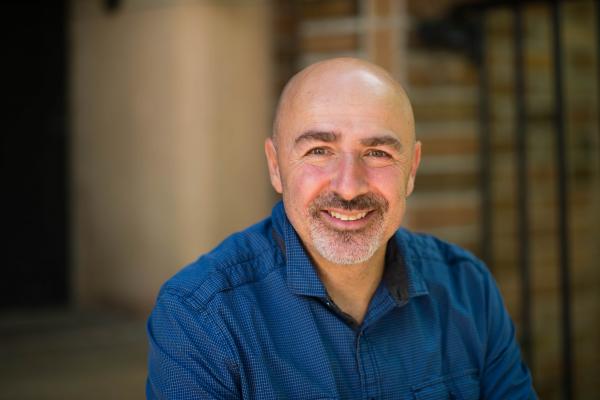
Biofiction, which has become a dominant aesthetic form in recent years, is literature that names its protagonist after an actual historical figure. Ironically, what makes the lives in biofiction so compelling is what also makes them so culturally and politically dangerous, a fact to which many biographical novelists attest. Some lives are so extraordinary that they totally captivate audiences—the intoxicating narrative effect of certain lives compels many to see the world in and through their sense-making story. Moses, Thomas Cromwell, Virginia Woolf, Ludwig Wittgenstein, and Marilyn Monroe are just a few figures whose complicated but mesmerizing lives have been the subject of groundbreaking biofictions. But one of the first and most important biofictions was George Moore’s The Brook Kerith, a 1916 novel about Jesus. In this work, instead of dying and then rising from the dead, Jesus survives the crucifixion, renounces his teachings as fanatical and dangerous, and lives for another twenty years.
In this presentation, Michael Lackey will provide a brief introduction to biofiction. Then he will do an extended presentation about Moore’s Jesus novel. Some believe that biofiction is an attempt to give audiences an accurate picture of a figure from the past. But Lackey argues that authors of biofiction consciously and strategically use rather than represent the lives of figures from the past in order to diagnose culture ailments in the present and to offer alternative ways of thinking and being for the future. Moore’s novel, Lackey will show, was written as a dire warning about the violent Christ that was coming into being at the end of the nineteenth and the beginning of the twentieth century, a Christ that Hitler and the Nazis would adopt in order to justify their anti-Semitic political agenda. Lackey will conclude by clarifying how Moore’s novel provides a compelling framework for understanding the way contemporary biofictions function and signify.
Dr. Michael Lackey, a distinguished professor of English, specializes in 20th- and 21st-century intellectual history and the biographical novel at the University of Minnesota Morris. He also studies how literature can serve as a tool for achieving social justice. His scholarship and dedication have been widely recognized; he has received the Distinguished McKnight University Professorship and the UMM Faculty Distinguished Research Award.
Dr. Lackey’s works include Truthful Fictions: Conversations with American Biographical Novelists, The Modernist God State: A Literary Study of the Nazis’ Christian Reich, African American Atheists and Political Liberation: A Study of the Socio-Cultural Dynamics of Faith, and Biographical Fiction: A Reader.
